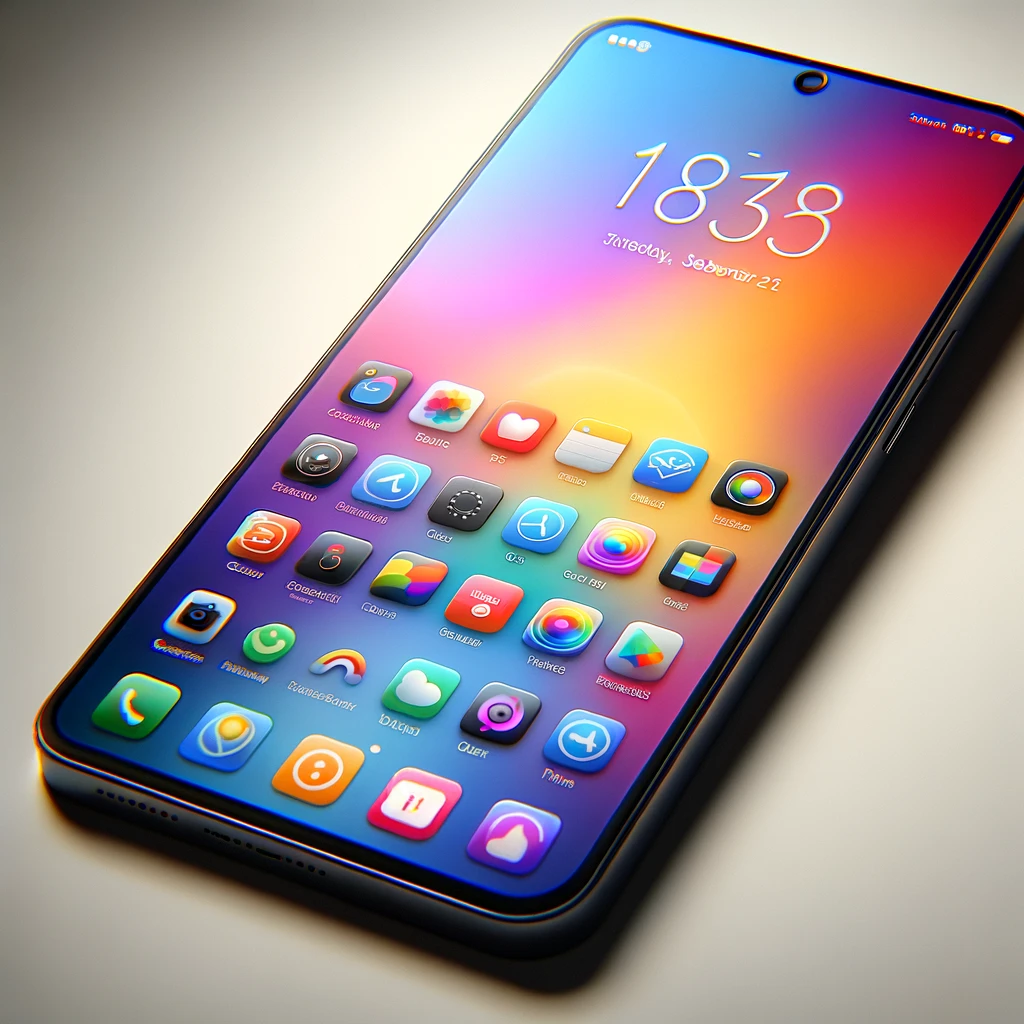
In a world that’s rapidly evolving, laws and regulations often change to keep pace with new trends, social norms, and technological advancements. Sometimes, these changes can be so swift that what was considered ordinary yesterday becomes illegal today. From environmental conservation efforts to privacy concerns, various factors can lead to these abrupt legal shifts. Here are 12 examples of ordinary things that became illegal overnight, reflecting broader societal changes and concerns.
1. Single-Use Plastics

In an effort to combat plastic pollution, many countries have implemented bans on single-use plastics almost overnight. This includes items such as plastic bags, straws, and cutlery, which were once staples of convenience in our daily lives. The rapid enactment of these laws reflects a growing global awareness of the environmental impacts of plastic waste, leading to a swift shift towards more sustainable alternatives.
2. Incandescent Light Bulbs

To promote energy conservation, several nations have phased out the sale and production of incandescent light bulbs. Once the standard for household lighting, these bulbs are now illegal to produce or sell in many places, replaced by more energy-efficient LED and fluorescent bulbs. This change was driven by the need to reduce energy consumption and greenhouse gas emissions, showcasing how environmental concerns can lead to significant legal shifts.
3. Smoking in Public Places

Smoking tobacco in public places, including restaurants, bars, and parks, has become illegal in many parts of the world. These bans were often enacted quickly, in response to mounting evidence about the health risks of secondhand smoke. The rapid change reflects a broader shift in societal attitudes toward smoking and public health, prioritizing the well-being of the community over individual smoking preferences.
4. Unlocking Cellphones

There was a time when unlocking your cellphone to use it with another carrier was a simple, legal practice. However, copyright and telecommunications laws have been updated in some jurisdictions, making it illegal to unlock your phone without the carrier’s permission. This shift was prompted by concerns over copyright infringement and the protection of carrier investments, illustrating the complex interplay between technology, copyright laws, and consumer rights.
5. Hoverboards on Public Sidewalks

Hoverboards, once a popular mode of personal transportation, faced sudden bans in many cities around the world. Concerns over safety and the regulation of public spaces led to laws prohibiting their use on sidewalks and in other public areas. These bans were often enacted swiftly, reflecting the challenges of regulating new technologies and balancing innovation with public safety.
6. Feeding Wild Animals

Feeding wild animals, a seemingly benign activity enjoyed by many, became illegal overnight in numerous locations due to the negative impacts on wildlife health and behavior. Laws were quickly put in place to protect animals from becoming dependent on human-provided food, which can alter natural behaviors and endanger both animals and humans. This change underscores the importance of conservation and the need to respect natural ecosystems.
7. Drone Flying in Restricted Airspace

With the rise of drone technology, new laws were rapidly introduced to regulate their use, especially in restricted airspace near airports and in certain urban areas. What was once a freely enjoyed hobby became subject to strict regulations to ensure safety and privacy. This legal shift highlights the need to adapt to technological advancements while addressing safety, privacy, and security concerns.
8. Cryptocurrency Transactions

In some countries, the legal status of cryptocurrencies like Bitcoin changed virtually overnight, with transactions becoming heavily regulated or outright banned. These abrupt legal changes were driven by concerns over financial security, market stability, and the potential for illegal activities. It showcases how rapidly evolving financial technologies challenge existing regulatory frameworks.
9. Plastic Microbeads in Cosmetics

The use of plastic microbeads in cosmetics and personal care products became illegal in several countries after swift legislative action. These tiny plastic particles, found in exfoliants and other products, were banned due to their harmful environmental impact, particularly on marine life. This change reflects growing concern over microplastics and their long-term effects on ecosystems.
10. Unlicensed Short-Term Rentals

The rise of platforms like Airbnb led to a swift crackdown in some cities, where unlicensed short-term rentals became illegal overnight. These regulations were introduced to address housing shortages, zoning laws, and the impact on local communities. It underscores the challenges cities face in balancing the benefits of the sharing economy with community needs and regulations.
11. Glyphosate-Based Weed Killers

In response to health and environmental concerns, some jurisdictions banned the sale and use of glyphosate-based weed killers practically overnight. These products, once common in gardening and farming, faced bans due to potential links to cancer and environmental damage. This legal change highlights the ongoing debate over pesticide use and the importance of precaution in public health and environmental protection.
12. Selling Flavored Vaping Products

To combat the rise in youth vaping, several places quickly enacted bans on the sale of flavored vaping products. These laws aim to reduce the appeal of vaping to young people by eliminating flavors that are believed to target them. The rapid implementation of these bans reflects urgent concerns about public health and the growing trend of vaping among teenagers.
Stay Informed About the Changing Laws

These examples illustrate how swiftly laws can change, often in response to new information, technological advancements, or shifting societal values. They serve as a reminder of the dynamic nature of legal and regulatory landscapes, emphasizing the need for individuals and businesses to stay informed and adaptable.

